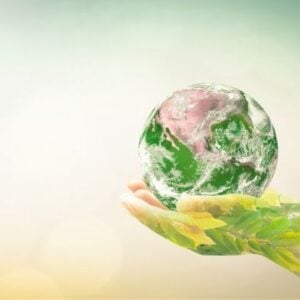The Frontiers Report 2025, released by the United Nations Environment Programme (UNEP), highlights four escalating environmental threats that intersect critically with human vulnerability: legacy pollution, melting glacier microbes, the undamming of rivers, and climate risks for aging populations. These dangers, once seen as distant or theoretical, are increasingly real and immediate. The report emphasizes the urgent need for action to address environmental degradation that threatens both ecosystems and communities worldwide.
One key concern is the melting of glaciers and permafrost, which is awakening ancient microbes such as bacteria, fungi, and viruses. While some are dead, others remain dormant or even active, posing potential biological risks as global temperatures rise. Slowing the melting process through greenhouse gas mitigation is critical, but parallel efforts are needed to assess, monitor, and prepare for emerging pathogen threats. Moreover, preserving cryospheric microorganisms can offer insights into climate history, support medical research, and inspire new biotechnologies.
Another critical issue is drought exacerbated by dams, particularly in regions like the Colombian Amazon, where water shortages have forced school closures and worsened health conditions. Dams, once seen as infrastructure for development, are now intensifying water stress in areas already affected by climate change. This has led to increased calls—often led by local communities and Indigenous groups—to remove dams and restore river ecosystems. While rivers can recover quickly once barriers are removed, restoration must also address broader challenges like pollution and climate impacts.
The growing risks to older adults during extreme weather events are also highlighted. As global temperatures rise and more frequent heatwaves occur, the elderly are suffering more acutely due to existing health vulnerabilities and limited mobility. With the share of people over 65 projected to increase from 10% in 2024 to 16% by 2050, especially in urban areas, cities must develop adaptive strategies that protect these populations from extreme heat, air pollution, and climate-related disasters.
Finally, legacy pollutants released during floods pose an often-overlooked hazard. Floodwaters can stir up long-buried toxic chemicals—such as heavy metals and persistent organic pollutants—causing new waves of contamination. Past events in Pakistan, Nigeria, and the U.S. have shown how floods can mobilize these pollutants. The report advocates for nature-based flood protections, regular sediment assessments, and investment in natural methods of remediation to address these invisible but dangerous threats.
Altogether, the UNEP report underscores the importance of proactive, coordinated, and innovative approaches to mitigate emerging climate-related threats before they grow beyond control.






